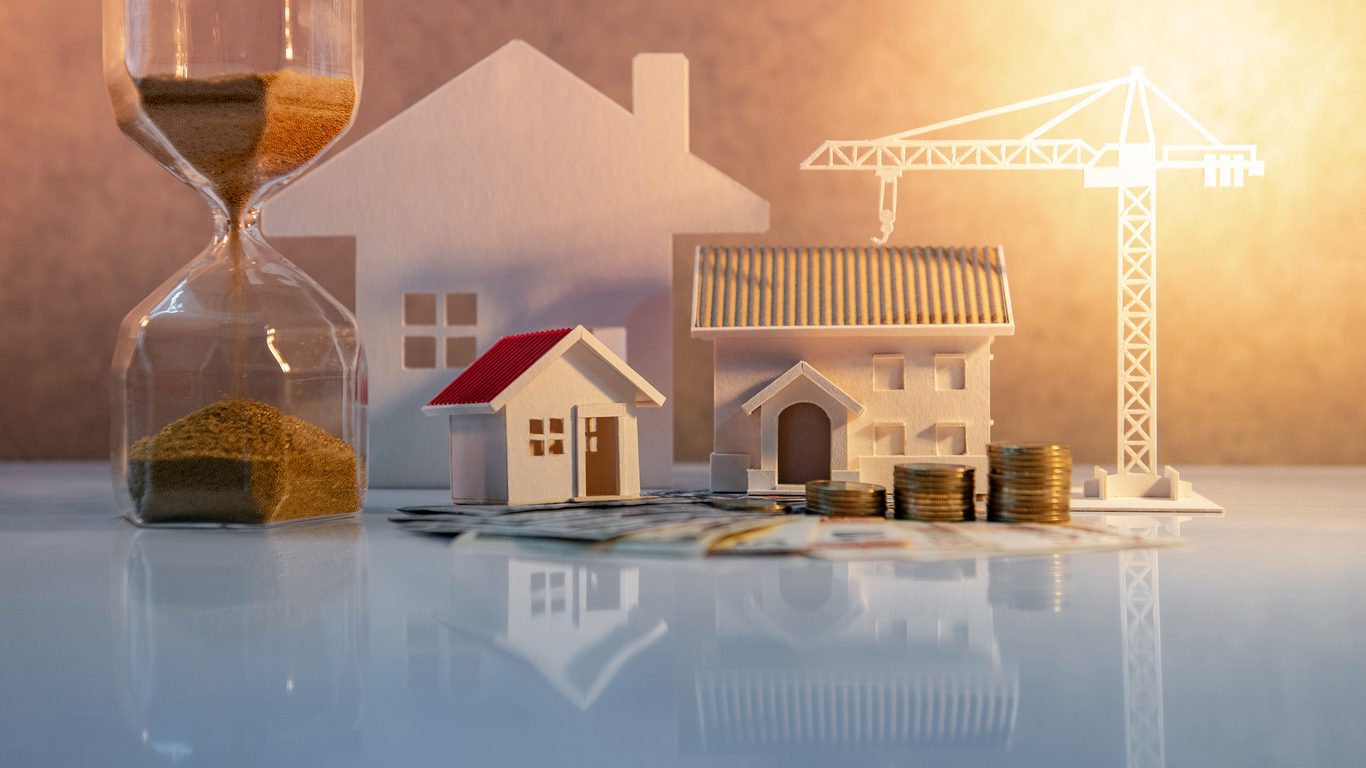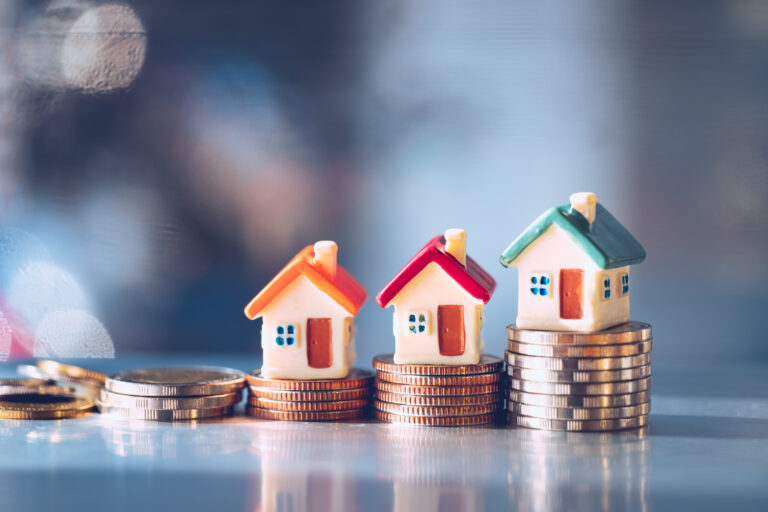Major world events have always had the potential to impact the property market. Does today’s coronavirus pandemic fall under the same rules?
The housing market, like many sectors in the UK, is going through a pause right now in some areas. While many homebuyers and investors are still keen to press ahead, certain processes have become more difficult.
The short-term effects of this are likely to impact transactions. Due to the current social distancing rules, physical property viewings are not possible. This will affect vendors and buyers, but also valuers who can’t carry out mortgage valuations on some properties. While construction sites haven’t been forced to close, they can only remain open if the two-metre distancing rule can be applied. This means, in some instances, building work has slowed down for now.
The long view
The most important aspect of any property investment is its longevity. This, therefore, should be the key focus for any strategy. This applies to homeowners equally; no one aims to buy a home that they don’t expect to go up in value ultimately.
One theory on the long-term nature of property is the “18-year property cycle”. Economic consultant Fred Harrison first described this in his book Boom Bust: House Prices, Banking and the Depression of 2010.
The book, published in 2005, accurately predicted the financial crash of 2007-2008. By looking at historic property prices over the last couple of hundred years, Harrison recognised that the property market runs in a fairly predictable 18-year cycle.
According to his ideas, the cycle consists of a crash and then a gentle recovery phase. There is then a natural correction in the market before a boom occurs over the next few years. A crash then follows as the whole process begins again.
Short-term uncertainty, long-term investment
How and when the property market recovers after the coronavirus outbreak is uncertain. The same goes for the rest of the world. It is unclear exactly how long the issue will go on for, and how it will affect the economy. However, as Harrison demonstrates, recovery will come as part of the property cycle.
Rob Bence, chief executive of Property Hub, believes the situation could go one of a few ways.
“We could have a short-term mess with many industries being temporarily challenged. We start to see improvements, restrictions are lifted and the government stimulus keeps us ticking over nicely (and slowly) while we get back to some normality.”
He adds: “We could see these restrictions continue long-term which will affect the economy in a huge way. In the worst-case scenario, we have the possibility of hitting a depression, triggering political uncertainty and even public anger.
“Or we have the third option of making a quick recovery but the overloaded financial stimulus will push us into an early boom cycle,” Bence says.
“If Covid-19 disappeared tomorrow, the additional money put into the system could cause assets to rocket, triggering this boom phase referenced within the 18-year property cycle.”
Ultimately, he believes it will be a combination of the first and the last options. While the 18-year property cycle still applies, he says the uncertainty is whether we get an early dip or a later one.
Is there a right time?
For many homeowners, the stakes are high enough to potentially pause any activity for now. However, experienced property investors are likely to be less phased by the coronavirus effect.
Bence adds: “For those experienced in property and who invest in it for the long-term, the current situation won’t trigger any differences in their actions.”
There are opportunities to be had at every point in the cycle, from the boom period to the crash. Importantly, rents are seldom significantly affected in the same way by boom and bust patterns, as the demand remains relatively constant, so sensible buy-to-let investments will always reap rewards. Rental demand is currently extremely high, and coronavirus is unlikely to affect this. According to the theory which has been proven over time, prices will always recover as the next cycle begins again.
BuyAssociation has a range of property investment opportunities open to both landlords and homeowners. Sign up for free for more details. Call us on +44 (0) 333 123 0320 (UK) or +852 2554 5509 (HK).









